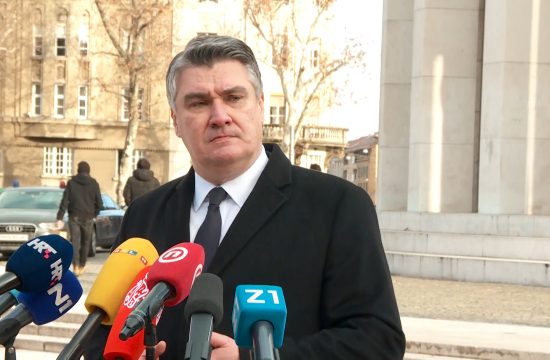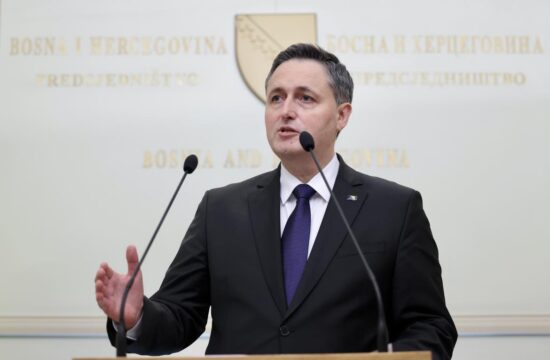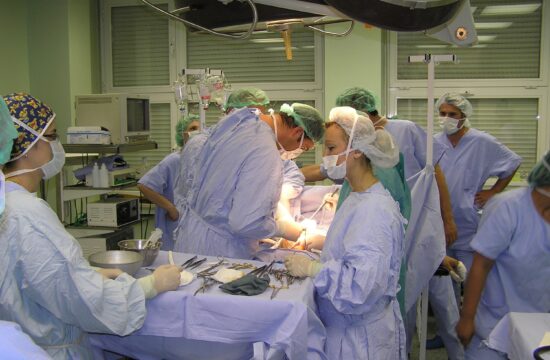
Top officials from Bosnia’s Serb-majority region blasted a decision by the other semi-autonomous entity to relax the procedure for people entering the country and stop holding them in quarantine, saying it was not a coordinated step and could pose a threat to efforts to control the coronavirus.
Both of Bosnia’s semi-autonomous regions had introduced a set of coordinated measures at the state border to prevent the coronavirus from spreading, which included placing all those who enter the country into quarantine for 14 days. The Armed Forces set up quarantine tents at a number of border crossings and authorities emptied student dormitories to keep the newcomers isolated in separate rooms.
Curfews had already been introduced in both of Bosnia’s semi-autonomous entities and a series of other measures, such as closing all non-essential businesses, schools and public transport.
However, the Civil Protection Headquarters in the Federation (FBiH), one of Bosnia’s two entities, decided to lift the curfew and changed the order regarding the procedure for those entering the country.
This means that whoever enters Bosnia and Herzegovina at a border crossing on FBiH territory is obliged to report to authorities and will be handed a movement ban, sent home and be monitored for 14 days, while anyone entering the country via the other region, Republika Srpska (RS), will still be sent to a quarantine facility.
The head of the RS Administration for Inspection Activities, Dragutin Skrebic, called the FBiH decision “surprising.”
“We will not achieve anything if we protect the territory of Republika Srpska while having FBiH border crossings open,” he argued, adding that the decision is even more surprising when considering that it was made just ahead of May 1, Labour Day.
Advisor in the FBiH Health Ministry, Goran Cerkez, defended the decision, arguing that similar measures are in place in Croatia, “our closest country within the EU.”
RS Health Minister, Alen Seranic, strongly criticised the decision in an interview for N1 on Monday, arguing that relaxing the measures was done too abruptly.
He stressed that the World Health Organisation emphasised the need for strict border controls and that the decision to place all who enter the country into quarantine was an excellent way to maintain control over the situation.
“Such a decision by our colleagues in FBiH, regarding the issuing of self-isolation orders, will result in more difficulties in our work. We will not have control over people unless they report to their local quarantine facility,” he said, arguing that the new situation also endangers the RS.
People who may be infected could “stop at gas stations, go to grocery stores, meet with family members,” he explained.
Similar reactions came from a meeting between top Bosnian Serb officials, among them Presidency Member Milorad Dodik and the Chairman of Bosnia's Council of Ministers, Zoran Tegeltija, in the city of Banja Luka earlier on Monday.
They argued that the decision also was not a coordinated activity both entities agreed on.
Bosnia’s Security Minister, Fahrudin Radoncic, also told N1 on Monday that he was not in favour of the way FBiH authorities relaxed the procedure.
“The measures of the Crisis Headquarters of the FBiH and the RS must be coordinated because of the flow of people crossing the borders,” he said.
Radoncic also argued that a lot of members of the FBiH Crisis Headquarters were against lifting some of the restrictions and that it would have been a lot better if epidemiologists were consulted before the decision was made.
“It seems to me that experts, epidemiologists, were not even asked about it in the FBiH Crisis Headquarters,” he said.




